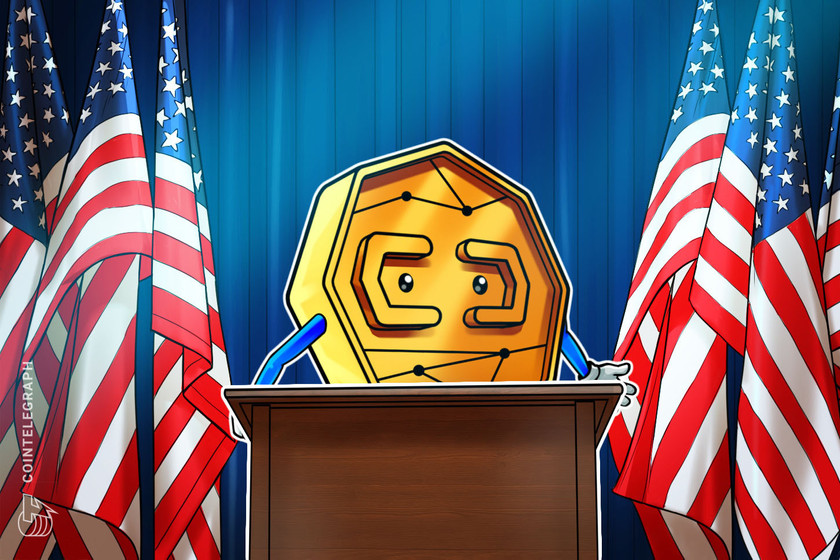Representatives of the crypto community shared their responses to the proposed Digital Commodities Consumer Protection Act (DCCPA) on Sept. 15. Speaking at the second panel of a hearing held by the Senate Agriculture Committee, invited speakers praised the bill as a whole, but had recommendations for improvement.
Definitions were an issue for all five of the speakers and Blockchain Association head of policy Jake Chervinsky, who released a statement on the bill within moments of the conclusion of the hearing. All the commenters expressed a desire for a clearer definition of securities and commodities.
“While the bill includes a carve-out for securities, it does not explicitly define what is or is not a security (through the application of the Howey test or otherwise),” Coinbase vice president and deputy general counsel Christine Parker said.
Crypto Council for Innovation CEO Sheila Warren said:
“The bill leaves it to the agencies and the Courts to determine whether a digital asset, other than Bitcoin and Ether, is a security or not. To date, this approach has not worked well, with significant implications for consumers.”
Center for American Progress director of financial regulation and corporate governance Todd Phillips said that the bill’s definition of commodities does not take into account the role of miners and stakers.
In addition, Warren said, “The bill limits brokers, dealers, and trading facilities to transacting only in ‘transactions’ or ‘digital commodities’ that are not ‘readily susceptible to manipulation,’ but it does not attempt to define what ‘readily susceptible to manipulation’ means.”
Citadel Securities chief legal officer and former Commodity Futures Trading Commission (CFTC) chair Heath Tarbert found the descriptions of required registrants under the bill to be overly broad. He also favored an explicit ban on rulemaking by enforcement:
“While the CFTC has not typically engaged in rulemaking by enforcement, it is important for Congress to make its intent on this point crystal clear.”
Chervinsky was concerned that the definition of “digital commodity platform” was too broad and could impose “onerous requirements on some firms that aren’t justified by the minimal degree of risk they pose.” He also saw threats to privacy in the requirements for those platforms.
1/ The Senate Agriculture Committee (@SenateAgDems & @SenateAgGOP) held an important hearing today on the Digital Commodities Consumer…
Click Here to Read the Full Original Article at Cointelegraph.com News…
























